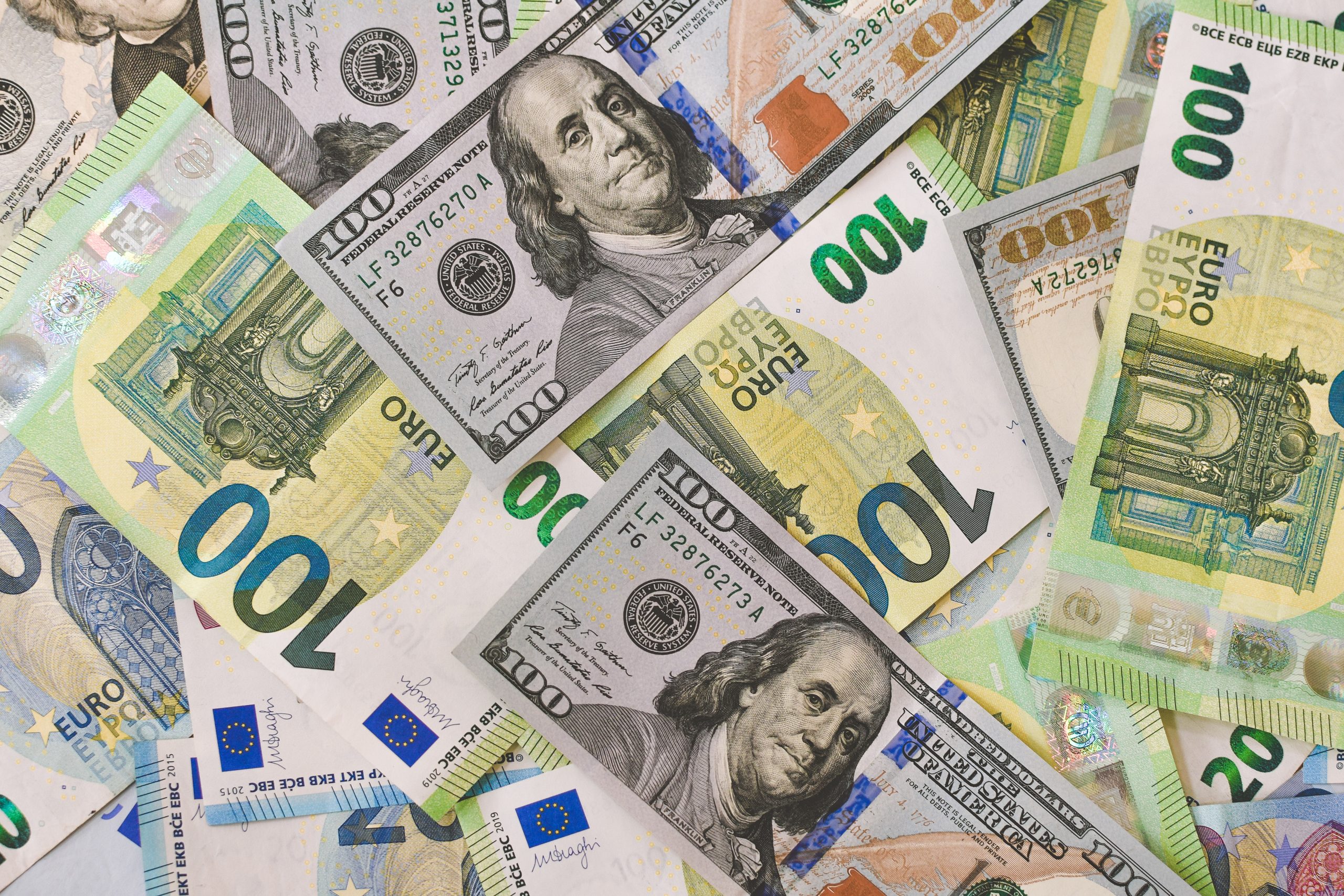How high would taxes have to boost the cost of a pack of cigarettes before you’d stop smoking?
$5 a pack?
$10 a pack?
$15 a pack?
What about $20?
That’s the plan in Australia if the government gets its way. As part of the National Tobacco Strategy, the policy framework for the Australian Government “to work together and in collaboration with non-government agencies to improve health and to reduce the social costs caused by tobacco,” the price of cigarettes could rise to $20 a pack. A current Gillard Government proposal would increase existing tobacco taxes by an extra 25%. The move would also raise an extra $1.25 billion a year in tax revenue; that works out to an additional $5 billion over four years.
The tax, which has a likelihood of becoming law, would raise taxes on a pack of cigarettes by $2.62 ($2.75 U.S.). It would be the second such boost in Australia in recent years; a 25% increase in the price of taxes was pushed through in 2010.
Supporters of the proposal claim that studies seem to suggest that, for every 10% increase in cost, there is a 4% reduction in the rate of those who smoke; the tax hikes in 2010 did reduce the overall number of smokers. The rate of smokers in Australia is about 15% (a little higher for men, a little lower for women). It’s a little lower in the U.S., at closer to 20% (again, a little higher for men, a little lower for women).
Such a bump in tax would result in taxes of about $13.10 per pack in Australia ($13.76 U.S.). That’s about three times the highest cigarette tax in the U.S., which sits at $4.35 per pack in New York and more than 40 times higher than the .30 per pack tax imposed on cigarettes in the State of Virginia.
Cigarette taxes, like other sin taxes, are by their nature, regressive. That means that the impact of the tax is felt most by those at the bottom of the income scale. If the data is accurate, and price controls behavior, it should follow, then, that those who can least afford to pay would stop first. However, some studies in the U.S. suggest that isn’t true: those who smoke in the U.S. tend to be low income. In fact, a study that examined smoking patterns in New York found no decline in the rate of low-income smokers even as taxes increased.
That doesn’t hold true in Australia, or at least, so far as the National Tobacco Strategy is concerned. The Strategy notes, “Price increases encourage existing smokers to quit and raise the barrier for people considering taking up smoking, especially young people.” As a result, the suggestion in the Strategy is that there be a regular series of increases in the taxation of cigarettes.
Whether the benefit is real is probably moot. The reality is that while taxes on cigarettes, like other sin taxes, might have a social goal, they have a significant side effect: revenue. And even if the social goals aren’t being met, governments are adding to their coffers. It’s easy money when you tack on taxes to something that we’ve decided, as a society, is distasteful, even if we continue to be disingenuous about it.
It’s one of the reasons, as I’ve noted before, that I appreciated Russian Finance Minister Alexei Kudrin’s openness about the correlation between revenue and sin taxes. Kudrin famously encouraged Russians to smoke and drink in order to boost the economy, saying:
People should understand: Those who drink, those who smoke are doing more to help the state.
We aren’t quite that transparent in the U.S. We tend, like Australia, to focus publicly on the societal goals – though we probably love the revenue too much to ever really want everyone to stop smoking. But we might make an effort to get close. So I’ll ask my readers who smoke: how high is too high? In other words, how high would taxes have to climb – per pack – to make you stop?



